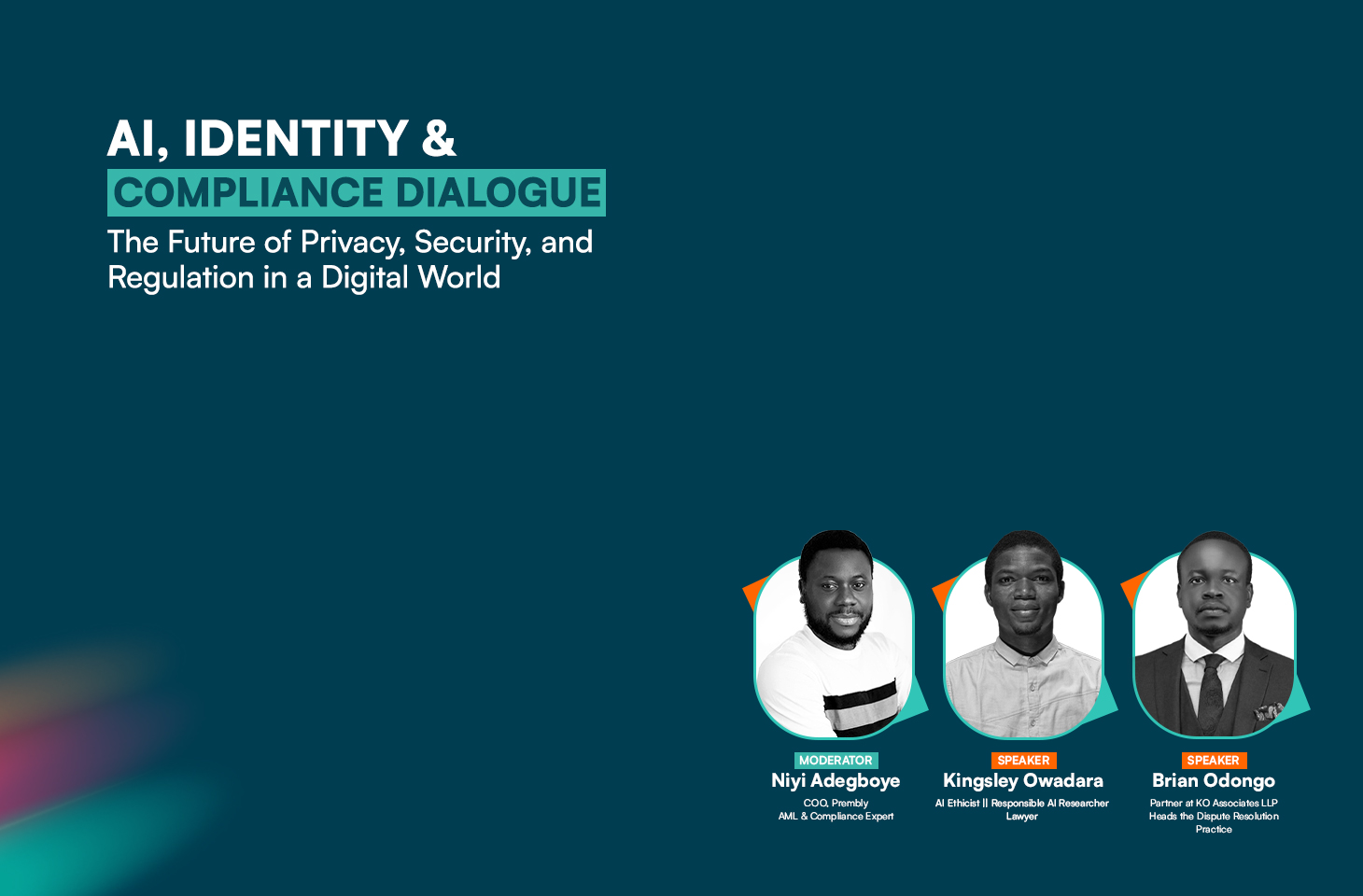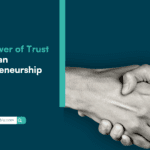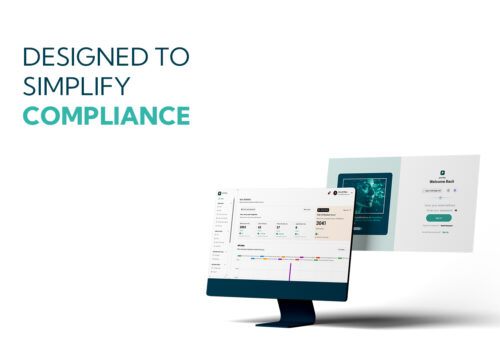“We in Africa can now start training models, building efficiencies into what pertains to us,” says Kingsley Owadara, AI Ethicist & Researcher.
Your digital identity is just as important as your physical one. Whether you are applying for a loan, accessing healthcare, or signing up for an online platform, proving who you are is becoming entirely digital. But what happens when AI systems are tasked with verifying identities in regions they don’t fully understand?
Across Africa, digital identity systems are being adopted. Governments are rolling out national identity programs like Nigeria’s NIN verification and Kenya’s Huduma Namba. Fintechs and banks are now using AI to make customer onboarding easier and reduce fraud. According to Kingsley, this shift is necessary, but there’s a catch: “Some machines built outside Africa cannot really work for us in Africa.” Many AI models are trained on data from Europe, North America, or Asia, which makes them less effective—or biased—when applied to African populations.
For example, facial recognition systems have been known to misidentify individuals with darker skin tones. If these systems are used for critical services like border access control, voter registration, or financial transactions, the consequences can be serious. African nations need to invest in building and owning their datasets.
“It’s time to take back control of our data and ensure our digital identities reflect our unique contexts,”
Kingsley Owadara, AI Ethicist & Researcher
The opportunity is massive. AI-powered identity verification can increase financial inclusion, enabling millions of unbanked Africans to access credit, insurance, and government services. But this can only happen if AI systems are designed with Africa in mind—from the data they’re trained on to the regulations that govern them.
But with great innovation comes big questions: Who owns our data? How do we ensure fairness? And what happens if AI gets it wrong?
These are the questions we explored during Prembly’s Compliance Industry Dialogue, where industry experts tackled the complex future of AI, identity, privacy, and regulation in Africa. If you missed the webinar, you can watch the full recording here.
Here’s what you need to know about the growth of AI solutions in Africa
1. Why Digital Identity in Africa Needs AI (But With Caution)
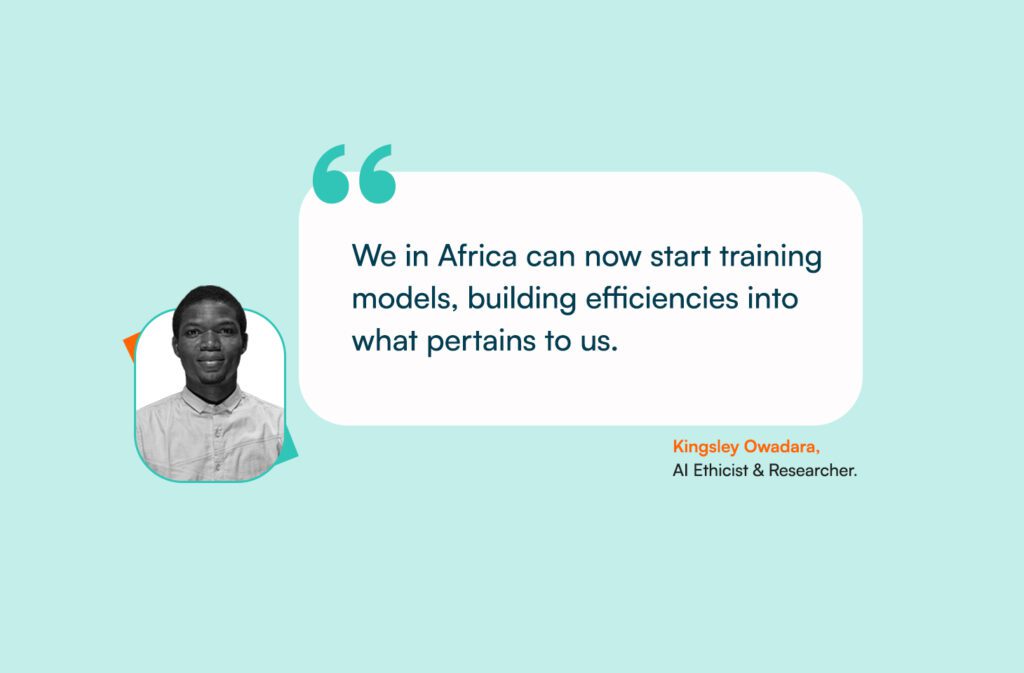
Digital identity verification is essential in today’s connected world. Whether opening a bank account, accessing government services, or applying for a job, proving who you are digitally has become a daily need.
AI makes identity verification faster and smarter. However, Kingsley pointed out a common problem: many AI systems are built using data from outside Africa. “Some machines built outside cannot really work for us in Africa,” he explained. Why? Because the data isn’t local, and models trained on foreign datasets often miss African nuances.
This brings us to a huge opportunity—and challenge. African countries must build and control their data to make AI work for them. This is where data sovereignty comes in.
2. Data Privacy: Who Owns Your Personal Information?
“Imagine having your financial records as part of open-source data,” Niyi Adegboye, Prembly COO. “Even if you don’t know about it, it’s still happening.”
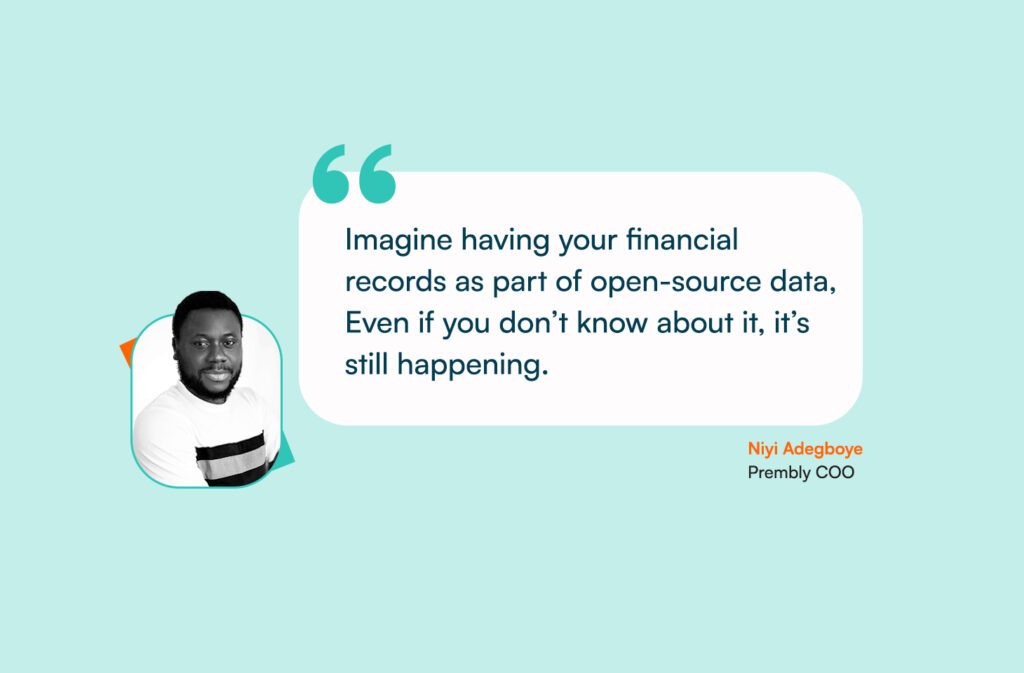
AI works by analyzing massive amounts of data—some of it deeply personal. Niyi highlighted the privacy risks when sensitive data is collected without consent. Whether it’s health records or bank statements, losing control over your data is a scary prospect.
In Nigeria, the NDPR (Nigeria Data Protection Regulation) and the Data Protection Act of 2023 are key frameworks regulating how personal data is handled. Meanwhile, Kenya has a strong Data Protection Commissioner overseeing compliance.
But here’s the catch: enforcement is still a work in progress. Kingsley mentioned deepfakes being used to create fake endorsements of products by Nigerian celebrities. It’s not just creepy; it’s dangerous.
“AI-driven privacy risks are real. We have regulations in place, but enforcement and technology must work hand in hand.”
Kingsley Owadara, AI Ethicist & Researcher.
3. AI Ethics: The Fine Line Between Innovation and Regulation
Brian Odongo, Partner at KO Associates, “Consent, consent, consent. It’s the bottom line in data protection.”
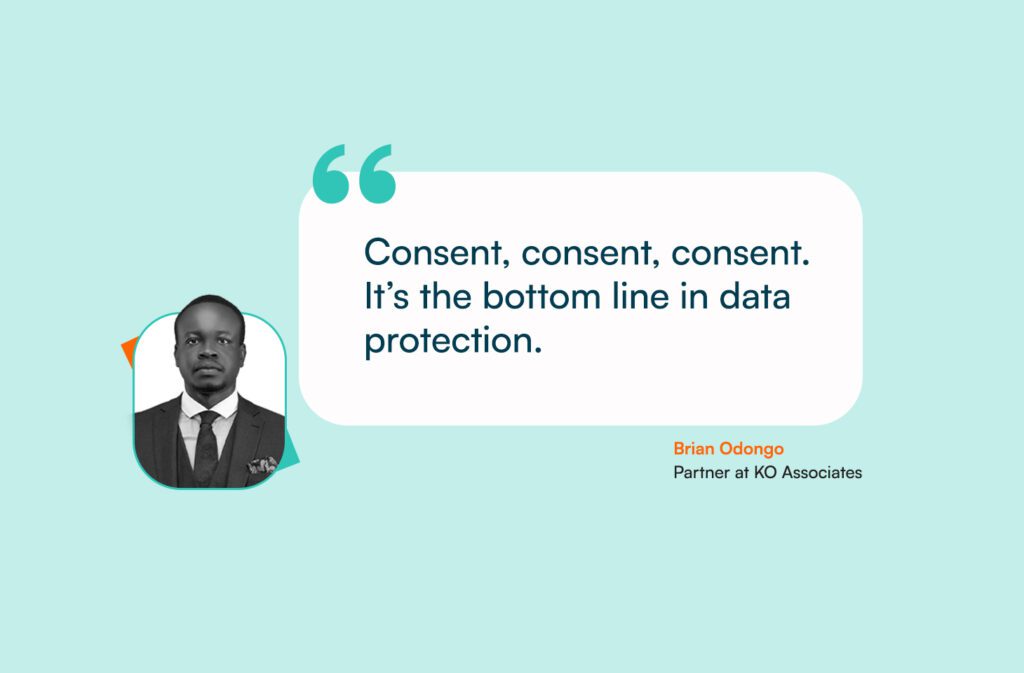
AI ethics in Africa is all about balance. On one hand, AI can solve problems quickly—like background checks and fraud prevention. On the other hand, without clear ethical standards, it can discriminate, invade privacy, and spread misinformation.
Take deepfakes. Kingsley shared an alarming story about AI-generated pornography targeting individuals without their consent. “These things are generating reputational damage,” he warned. And it’s not just reputational—this could lead to real legal and personal consequences.
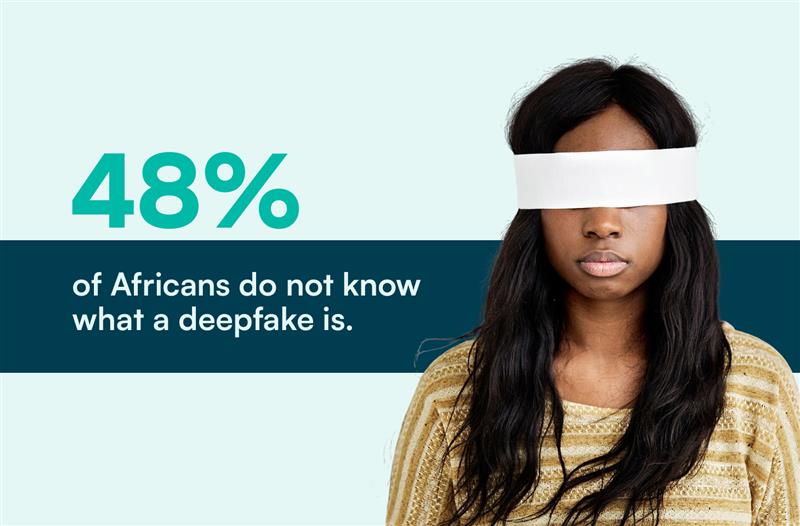
Nigeria’s upcoming AI strategy and Kenya’s AI governance framework both emphasize ethics, fairness, and transparency. Still, there’s a long road ahead to ensure AI benefits everyone, not just big tech firms.

4. Security & Fraud: The Double-Edged Sword of AI
AI is a powerful tool for fraud prevention. It detects patterns that humans miss and stops fraudsters in their tracks. But, as Brian pointed out, the same AI can be used for surveillance and discrimination if not properly managed.
“Imagine a biometric system failing in a bank vault. It puts the entire bank at risk,”
That’s why data sovereignty matters. Countries like Nigeria and Kenya are pushing for local data storage. If AI tools are using African data, they need to be built and housed locally to avoid misuse.
5. Regulation: Africa’s Unique Approach to AI Governance
Nigeria’s AI strategy focuses on economic growth, social inclusion, and ethical development.
But regulation is always chasing innovation. Remember when cryptocurrency exploded and regulators scrambled to catch up? AI is no different.
“We can’t regulate AI tomorrow. It’s already here,”
Niyi
Watch the Full Webinar Recording
Missed the live session? Don’t worry. You can watch the recording here on YouTube.
Meet the Speakers
🔹 Kingsley Owadara – AI Ethicist & Researcher
Connect on LinkedIn | Visit Website
🔹 Brian Odongo – Partner, KO Associates
Connect on LinkedIn | Visit Website

Ready to Secure Your Digital Identity?
At Prembly, we offer fast, secure, and compliant identity verification. Whether you’re a bank, fintech, or digital platform, Prembly Verification services ensure your business is secure.

Stay Updated
Love this kind of content? Subscribe to our blog for updates on AI, compliance, and digital identity in Africa. Don’t miss out.


